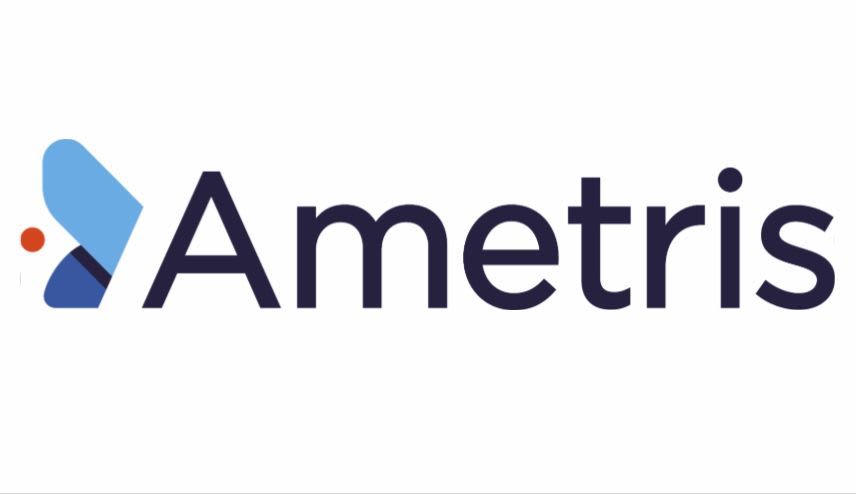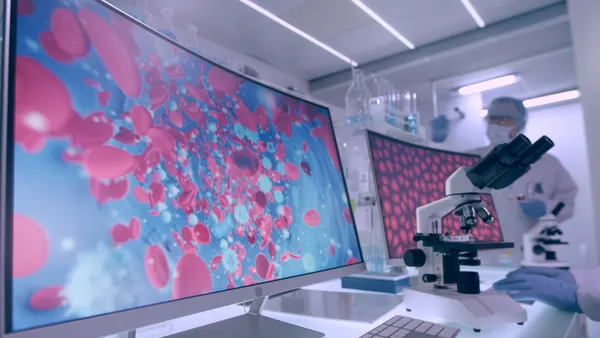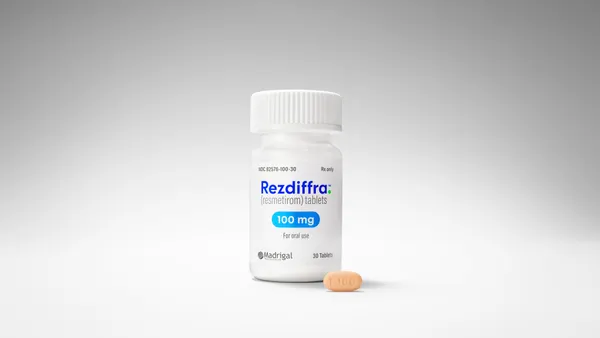Michael A. Barnett, M.D., Ph.D. VP, Director of Medical and Scientific Affairs INDUSTRY ISSUES W hile good education can help physicians make better decisions for their patients, some of the medical educa tion being offered today simply takes up valuable time with thinly veiled product sells. Recent lapses in ethics have further eroded trust and tried the patience of the healthcare providers medical educators are meant to serve. As a result, providers of medical education run the risk of being perceived as snakeoil salesmen. In the 19th century, “medicaleducation” salesmen would ride into town, open their assortment of bottled liniments, and sell to the local populace acting as their own “bark er.” Their snake oil promised to cure every thing from baldness to rheumatism — whether their customers needed it or not. Their medicine was a multipurpose cureall in a onesizefitsall healthcare environment. Today, our fundamental understanding of the science of medicine is exploding expo nentially. But there are no curealls guaran teed to restore general health and well being. Instead, there is a growing body of scientific evidence about improved treat ment options and practices in almost every disease state and condition. This means that now more than ever, quality continuing edu cation is essential. When physicians sign on for a career in medicine, they register for a lifetime of self education. Staying current with the latest Don Martiny, Executive Creative Director, Dorland Global Health Communications Medical educators are challenged to provide information that advances healthcare and educates the healthcare provider, but they operate in a climate of mistrust. Hardsell, Selfserv i ng, and of Questionable Quality Is Medical Education the Snake Oil of the 21st Century? information allows them to maintain the standard defined by Hippocrates. Yet physi cians are being asked to do more with less. Decreased reimbursements and increased costs create not only heavier patient loads but also increased bureaucratic burdens. As they strive to balance the demands of their practices with the mandate to stay current, they need to be confident in the medical rel evance of the educational opportunities offered to them. Medicaleducation providers are deeply committed to what they do and focus on accomplishing three things. First, they form lasting relationships by partnering with and educating the healthcare provider. They share physicians’ responsibility of a lifelong pursuit of medical education. Second, they build trust through dissemination of honest, DORLAND GLOBAL HEALTH COMMUNICATIONS, Philadelphia., is a fullservice health communications agency with the ability to offer marketing communications, advertising, public relations, and medicaleducation programs for companies and brands.
An article from


Is Medical Education the Snake Oil of the 21st Century?
Filed Under:
Commercialization










